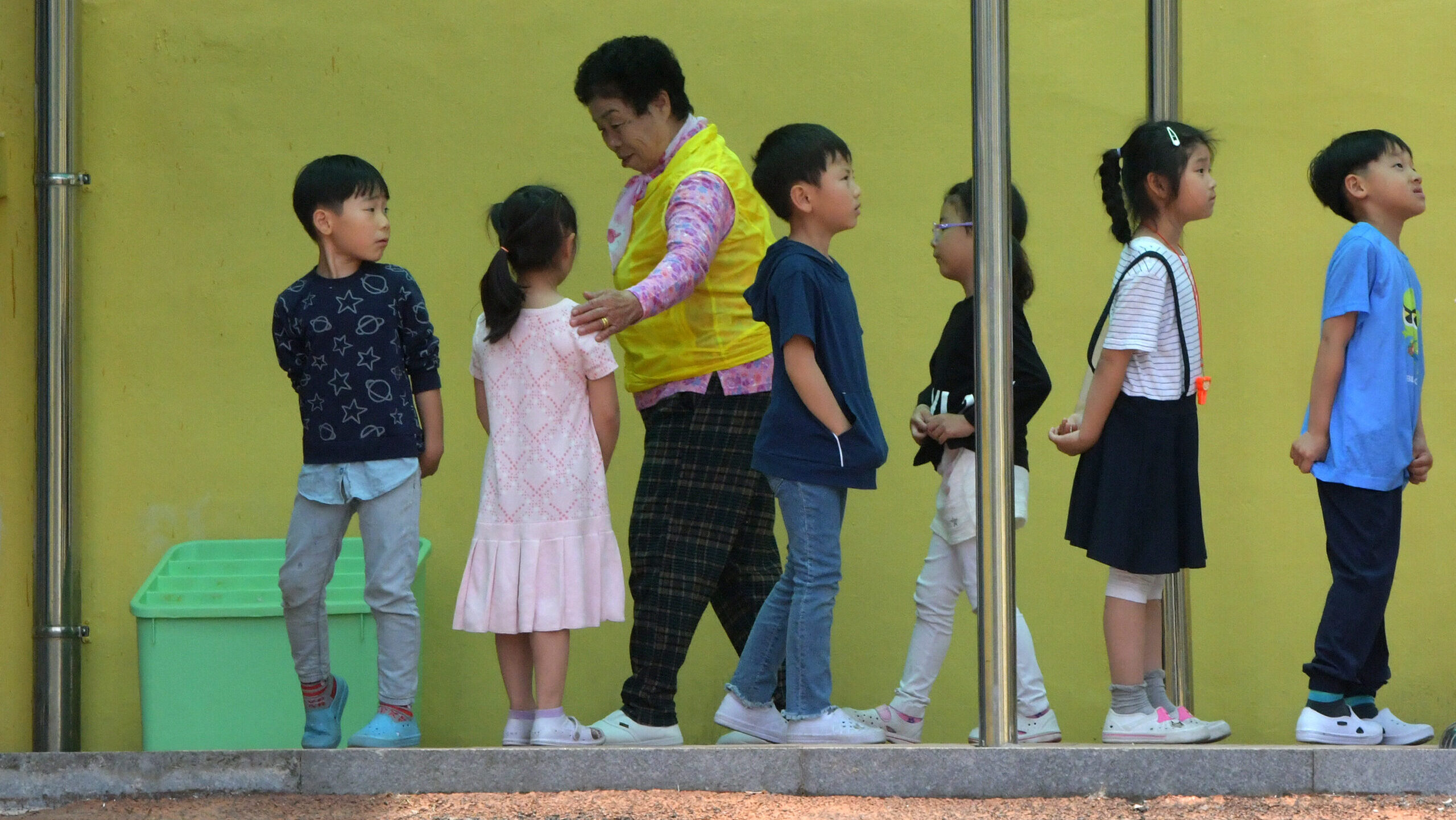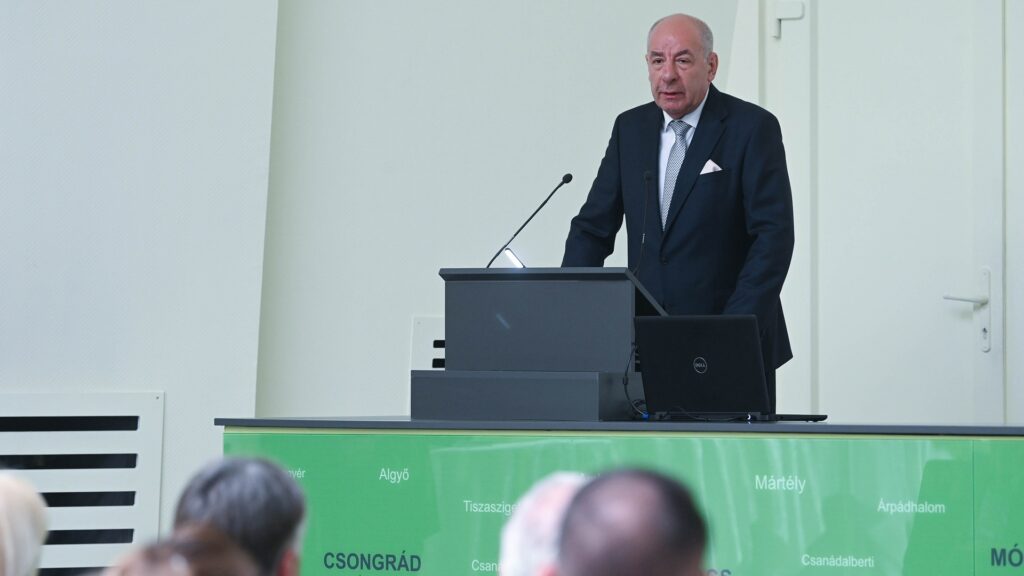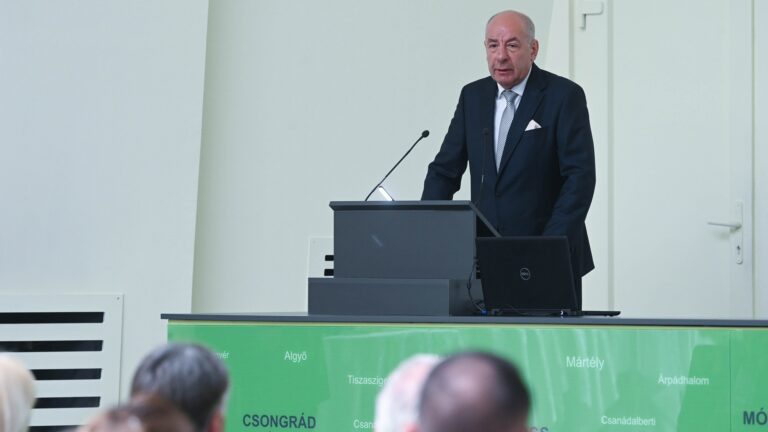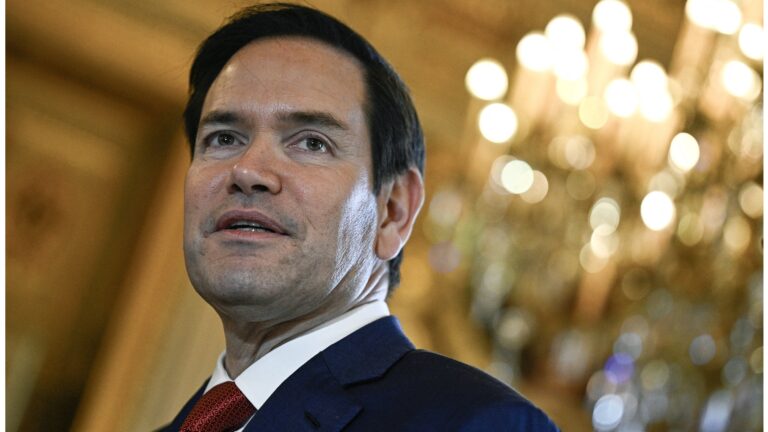Hungarian family policy is gaining significant international attention lately. Following recent reports in the US media on a draft family policy framework by President Donald Trump’s administration—clearly reflecting key features of Hungary’s approach—South Korea now appears to be the next country taking a closer look at the tools developed by Prime Minister Viktor Orbán over the past decade to address population decline.
According to The Korea Times, the Democratic Party of Korea (DPK)—currently in opposition—is embracing Hungary’s model in its efforts to reverse the country’s persistently low birth rate. The party is considering a proposal to offer loans to newlywed couples, with the debt forgiven once they have three children. DPK officials are reportedly working to include the proposal in their finalized policy package ahead of the presidential election scheduled for 3 June.
The Success of Baby Loan
Hungary introduced a similar scheme in 2019 as part of its Family Protection Action Plan. The initiative offers a state-subsidised, discretionary loan of up to HUF 11 million (approximately $30,000) available exclusively to married couples. Upon the birth of the first child, the loan becomes interest-free for its full term. With the second child, 30 per cent of the remaining debt is forgiven by the state, and with the third child, the entire remaining balance is cancelled. Additionally, repayments may be suspended for three years with each birth. However, if no child is born within five years, repayments must be made retroactively at market interest rates. By the end of 2024, around 230,000 couples had taken advantage of the scheme.
Beyond its demographic impact, the loan has also stimulated Hungary’s economy. By mid-2020, the so-called ‘baby loan’ accounted for 31 per cent of new household credit issuance and 9 per cent of the total household loan portfolio. Its discretionary nature enabled many households to achieve goals such as purchasing a home, renovating property, or buying a car—contributing to increased household consumption and broader economic growth.
South Korea’s Alarming Decline
The DPK has long expressed interest in implementing a family policy framework similar to Hungary’s. The party first introduced the idea during last year’s legislative election campaign, presenting it as a key pledge to address Korea’s demographic crisis. Given the DPK’s majority in the National Assembly, such a policy could be quickly adopted if a DPK candidate wins the presidency.
South Korea is facing one of the most acute fertility crises in the world. In 2024 its total fertility rate (TFR) stood at just 0.75, far below the replacement level of 2.1. In contrast, Hungary’s TFR reached approximately 1.6 in the same period, placing it among the top three in the European Union.
The implications of Korea’s ultra-low birth rate are already being felt across multiple sectors. In 2024 the country recorded a natural population decline of 120,000—marking the fifth consecutive year in which deaths outnumbered births. Projections suggest that South Korea’s population, which peaked at approximately 51.8 million in 2020, could fall to around 36 million by 2072. The consequences of this trend are evident in sectors ranging from health care to national defence.
‘In 2024 the country recorded a natural population decline of 120,000’
Under the DPK’s proposed plan, all newly married couples would receive a loan of 100 million won (approximately $70,000). If they have one child, they would be exempt from paying interest. Upon the birth of a second child, the principal would be halved to 50 million won, and if they have a third child, the entire debt would be forgiven. During last year’s campaign, the DPK estimated that the policy would cost the government between 3 trillion won ($2.1 billion) and 5 trillion won annually—equivalent to 0.4 to 0.7 per cent of Korea’s projected 2025 national budget of 677.4 trillion won.
Notably, appreciation for Hungary’s family policy is not confined to one side of the political spectrum in South Korea. Na Kyung-won, a prominent figure from the conservative People Power Party, was the first major politician to advocate for adopting the Hungarian model. As vice-chair of the Presidential Committee on Ageing Society and Population Policy, she called for the introduction of such a scheme, describing it as a necessary and bold solution. However, her proposal was swiftly dismissed by the presidential office at the time. Today, it appears her initiative has inspired her political rivals.
Related articles:








